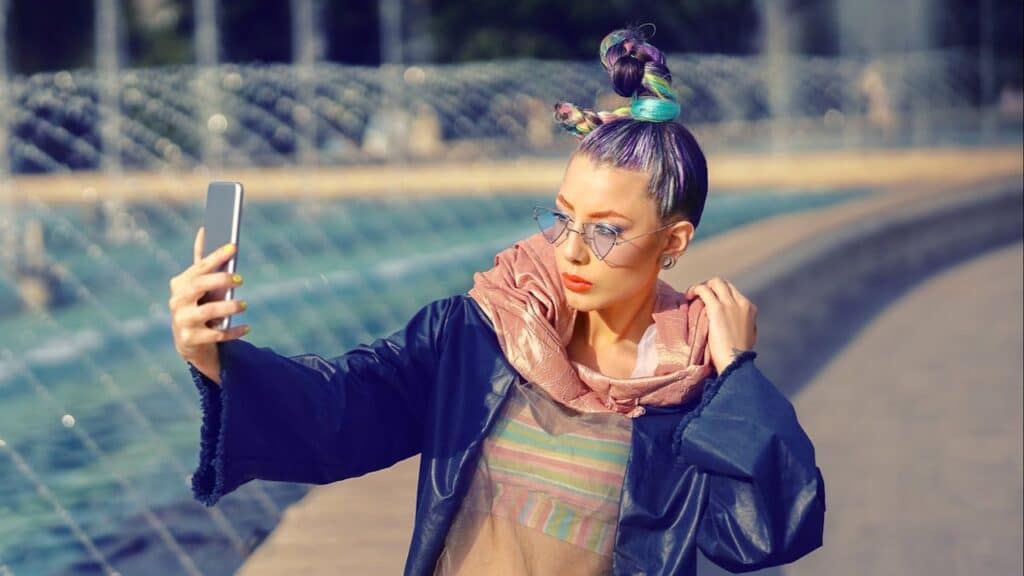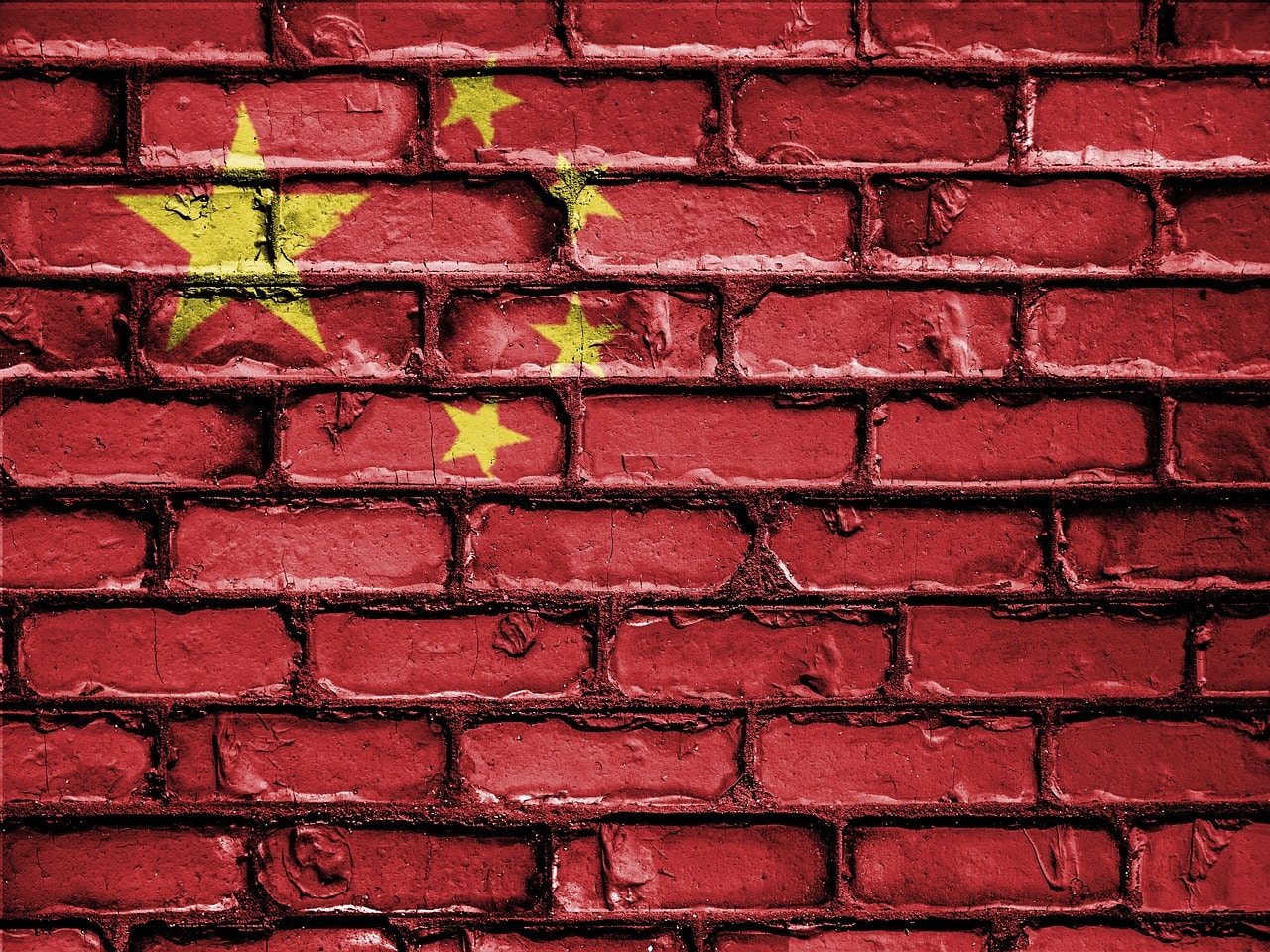The Chinese National Broadcasting Administration and the Beijing Ministry of Culture and Tourism have published a new “Code of Conduct for Online Creators“Which will prevent influencer to tackle critical issues that they do not know thoroughly. As well as much more.
The problem of influencers that China wants to solve
In the summer of 2021, the journalist Stefano Feltri had published an editorial in which he had revealed an obviousness that, however, we struggle to discuss conscientiously: influencers now reach an audience that counts millions of individuals, yet their interventions, unlike those of the press, politics and clergy, they are not conditioned by codes, laws or agreements of any kind.
In short, content creators can “influence” the masses with opinions that are often as much conditioned by personal impulses as they are by the interests of sponsors and by social media algorithms. The whole is characterized by a almost no transparency. The result is that some digital celebrities end up launching themselves on complex issues which, if treated badly or with malice, can cause concrete damage to the social fabric, triggering panic, riots or damage to the health system.

A qualification will be required to publish
China has already undertaken solutions in the past that have reduced the reach and objectives of local influencers, however the new “Code of Conduct for online creators” makes it clear what attitude to adopt on the web. For better or for worse.
In a style not too dissimilar to the Digital Service Act (DSA) envisaged by the European Commission, Beijing also intends to ensure that the internet portals are held responsible for supervising the contents present on their servers. Streaming services, online audiovisual platforms and brokerage agencies will have to keep an eye on the “web hosts” and will have to actively collaborate in the inspections of the administrative departments of the Ministry of Culture and Tourism, the ministry that oversees the culture of the Chinese Network.
However, the new Code formalized in China goes much further and also determines that content “that requires a high level of professionalism (such as medical and health care, finance, law and education)” should only be explored by influencers. with qualifications and experience corresponding to the subject matter. The creators will have to, or at least should, then share the information that certifies their qualifications with the companies that host them, who will undertake to review it in order to ensure that the documentation is legitimate.
A censorious and authoritarian response to the problem
The “Code of Conduct for online creators” also represents the worrying side of government management of content that ends up on the web and provides us with an important warning as to which excesses the Digital Service Act should absolutely protect itself from. Confining key elements of public discourse to a limited number of certified individuals can indeed help to contain the spread of disinformation, however it also greatly prevents the spread of counter informationespecially in those countries that are in the hands of authoritarian administrations.
It is therefore not surprising to discover that the Beijing concept of disinformation is very broad and that the guiding lines dictated extend to a much broader range of topics than would be reasonable to expect. Beyond banning content that is already illegal by law, the government has also made sure to include in its list of taboos the “publication of anything that could weaken the Communist Party” or “subvert institutional power”.

The vademecum of how China would like influencers
With far-sightedness, the Chinese National Radio and Television Administration also had the intuition to report in the document fair practices that an influencer should refer to. A host should therefore provide views that “sing the praises of innovation” and that “promote the excellence of traditional Chinese culture.” In general, only positive and hopeful information about the future should end up on the web.
For the avoidance of doubt, the Xi Jinping Administration also makes sure that internet protagonists present themselves with a way of doing things. adhering to the social objectives of the Communist Party. In addition to never being sloppy, web celebrities “should adhere to a healthy style and taste, renounce vulgarity, kitsch and other low-level interests”. Above all, they should avoid moving against the “ethics of the Net” with the intent of producing easily monetizable controversies. All ideas which in themselves could also prove to be virtuous, but which, if imposed with coercion, stifle freedom of speech in favor of political gain.















Leave a Reply
View Comments